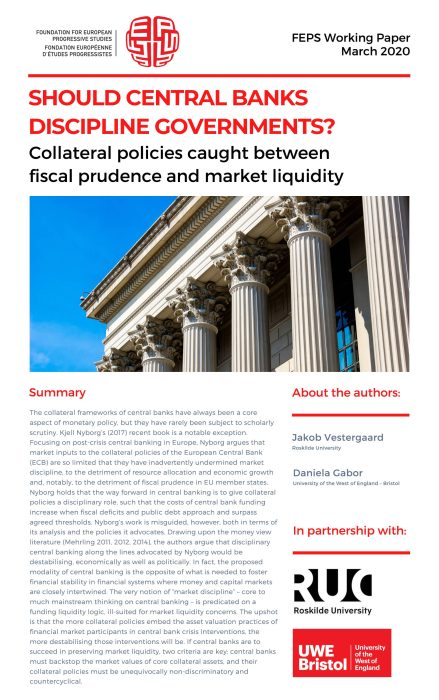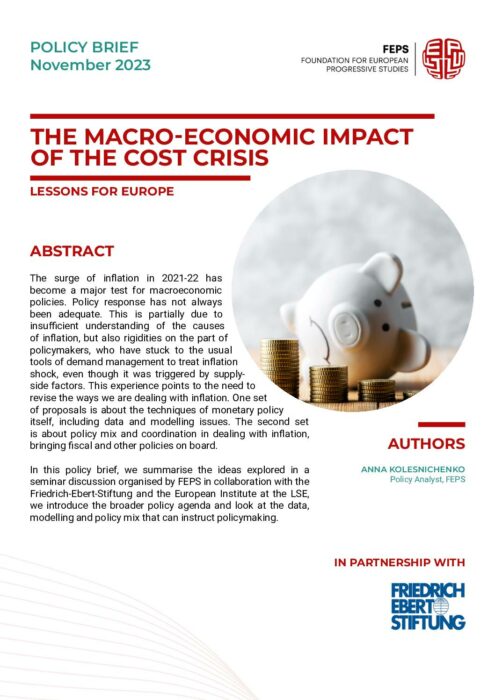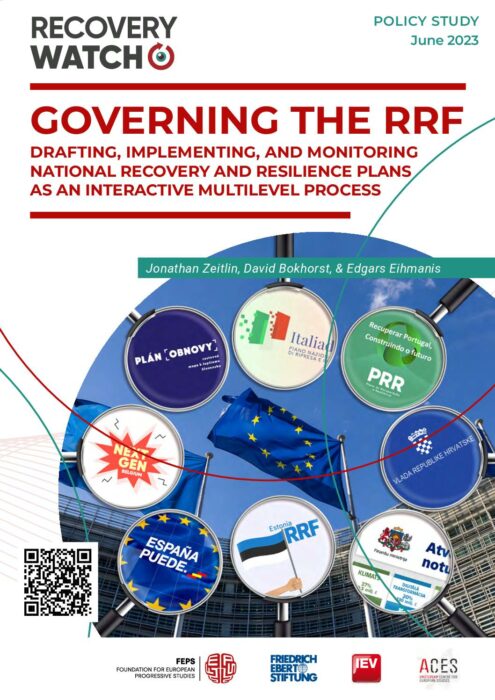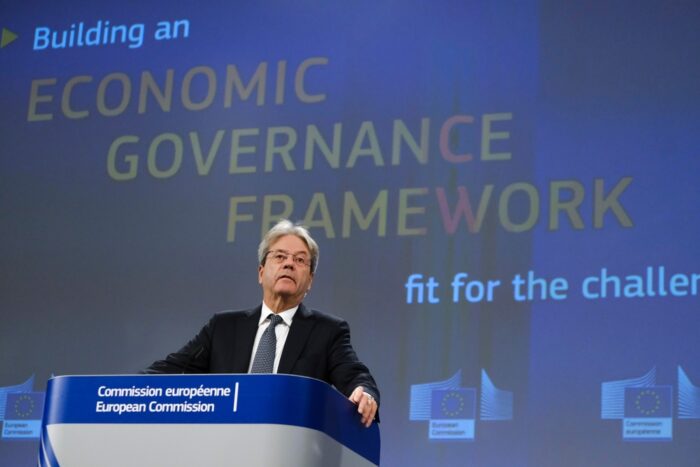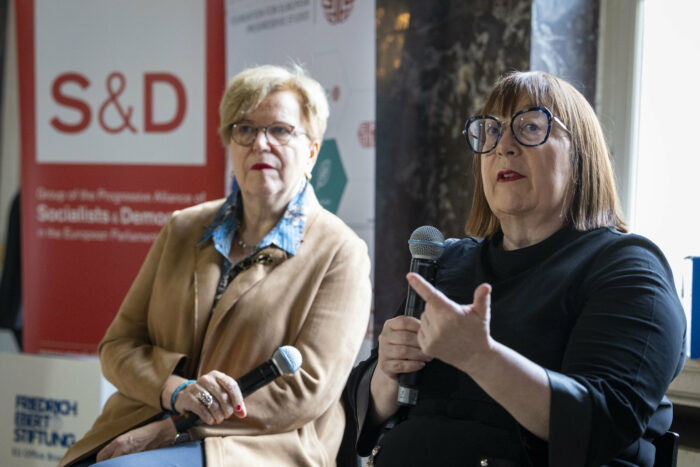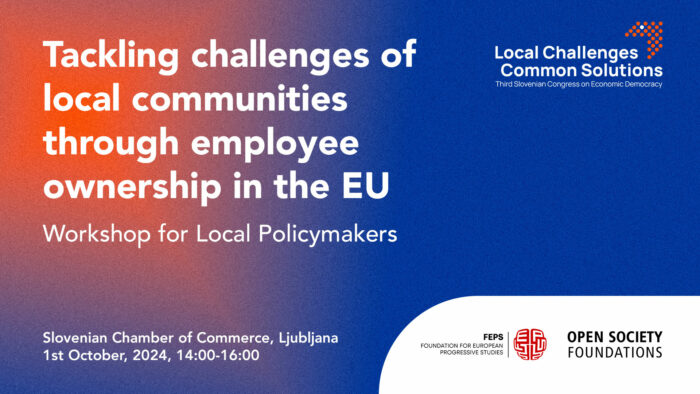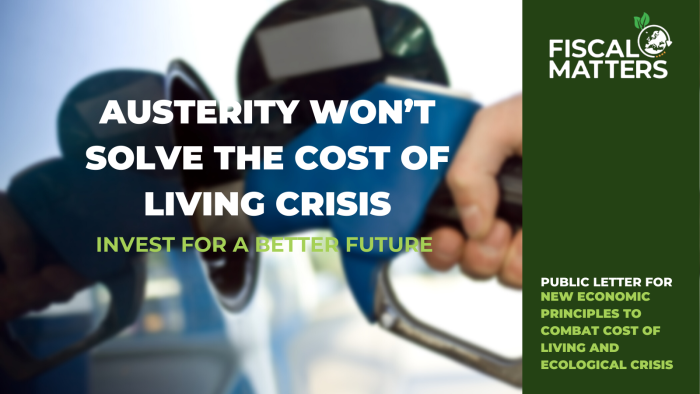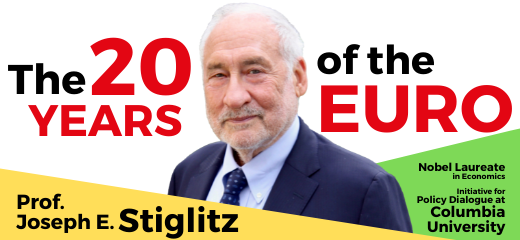Find all related publications
Publications
Find all related Progressive Post
Progressive Post
Find all related events
Events
Past
25/09/2024
Académie Royale, Brussels
25/09/2024
Académie Royale, Brussels
01/10/2024
Ljubljana, Slovenia
Load more...
Find all related Audiovisual
Audiovisual
16/07/2024
11/03/2024
Find all related news
News
Find all related in the media
In the media
In an article in Delo, László Andor criticises Viktor Orbán government's economic policies, such as not allowing Hungary to join the euro area, which he believes would have helped curb inflation. He also criticises the government for blaming external enemies such as the President of the European Commission, to cover up its own failures.
“Trade doesn’t work in isolation from good domestic policies” Interview to Arancha González
by Borderlex 19/09/2023

